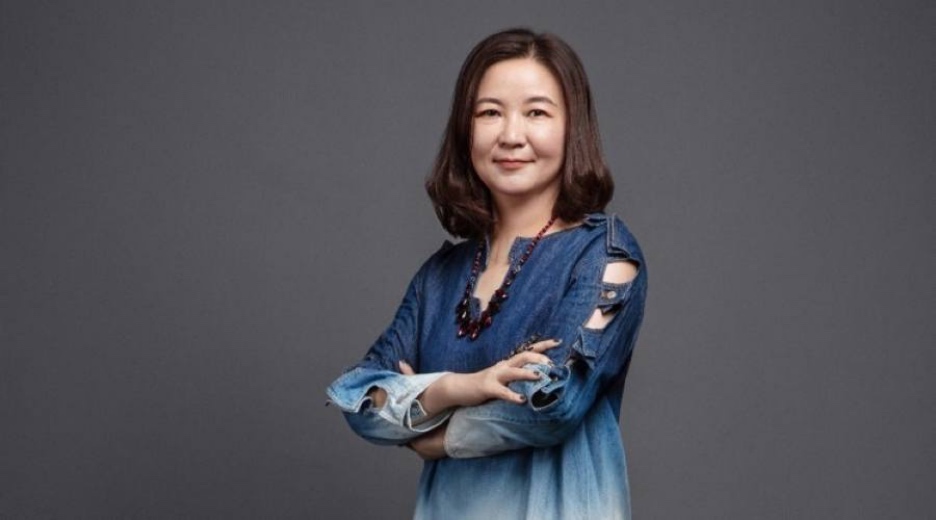
In China, Tech and Creativity Kept People Safe and Business Moving

When COVID-19 prevailed and everything was locked down in China, we kicked off working from home and managed to go through the hard time with little damage done to our business. I am happy to see our team adapting to the new way of working with flexibility and agility. What we have learned is that we should be humble and keep learning from other industries, incorporating agile innovation processes as a ‘new normal’ for agencies designing end-to-end solutions for clients.
Having gone through such an unexpected business suspension and crisis, clients have realised the urgency of digital transformation and are keen to explore how can they can create a consumer-centric ecosystem for their business, investing more in closing the online-offline loop. They are focus on growth more than ever, shifting their marketing budgets to data-driven marketing, which is enabled by technology.
I’d like to share two campaigns from China during the pandemic that we can learn from:
KFC: Crisis Response & Business Transformation
Despite the severe impact, KFC stayed true to its purpose of being a company for the people. From instore to delivery to its marketing communications, KFC managed to transform its business and service to perform under the most extreme circumstances. The safety of KFC’s customers and employees become the brand’s first priority. Their initiatives included:
• Brand communication: KFC rolled out all KFC packaging marked with 'Contactless Delivery VI', to help communicate what KFC is doing to control the epidemic and enforce the measures related to KFC’s contactless delivery. To keep KFC front of mind in its communications, KFC created a real-time campaign across TikTok, Weibo, WeChat to keep the brand front of mind, despite stores being disrupted or closed.
• Instore experience: KFC enhanced its instore experience to ensure customer safety: people entered KFC passing through temperature checks and transferred their order from their smart phone to avoid the contamination of surfaces.
• Delivery service: The KFC team launched a contactless delivery service in China to reduce the risk of person-to-person transmission. The same stringent safety measures were implemented for KFC food deliveries, with receipts including the temperature of the people who prepared and delivered your food.
• Free meal for doctors and nurses: KFC launched a hospital delivery service exclusively for medical staff in Wuhan, providing doctors and nurses with free meals. KFC launched a process that verified hospital staff, and at special times, hospital applications were given priority status in the wait queues.
Cowell Pharmacy: Online Consultation & Delivery
The Cowell team created a platform to facilitate online ordering and delivery of medicines. This was supported by a campaign that communicated the online free consultation services available to users and on pack creative designs to inform Chinese consumers about the online offering.
The outbreak of COVID-19 has fuelled brands’ digital transformation efforts, pushing brands and businesses to develop online to offline commerce armed with technology and consumer-centricity in mind. According to the recent report from Dentsu Aegis Network, people have spent much more time on social apps and live-shot video than ever before. Statistics show that 75.9% of the time was sticky to live-shot video and 73.2% to short video. Social and news apps have become the main source of learning real-time updates about how the is virus spreading and therefore the time spent on social and news were up 46.8% and 40.3% respectively. In a post-corona world, I think that in addition to e-commerce, social commerce will gradually mature and become the next business battlefield.
Over the past few months, WFH has blurred the division between work and life. What impressed me most was the explosion of “WeChat Enterprise Accounts”, which empowers brands and enterprises to drive and play a clear and solid role in consumers’ social and working life.
Brands carrying out Direct-to-Consumer strategy will win the future. Due to the pandemic, the traditional business planning cycle has become shorter and marketers are required to adapt consumers behaviour quickly. A consumer-centric model will make us more resilient and agile for future (take a look at Isobar’s Augmented Humanity: 2020 Trends Report for more detail on that!)
I believe creativity is more important than ever for our industry. In an increasingly complex world, we use the power of storytelling to create ideas that travel across borders and connect with people. As an agency, Isobar believes that a holistic and customer-centric focus is fundamental to the future success of a brand and we work hard to improve the experience they will have with that business or brand across every touchpoint - from awareness to transaction to advocacy.
Our aim is create experiences:
That improve lives.
That differentiate brands.
That sell more products and services.
That accelerate business growth.













